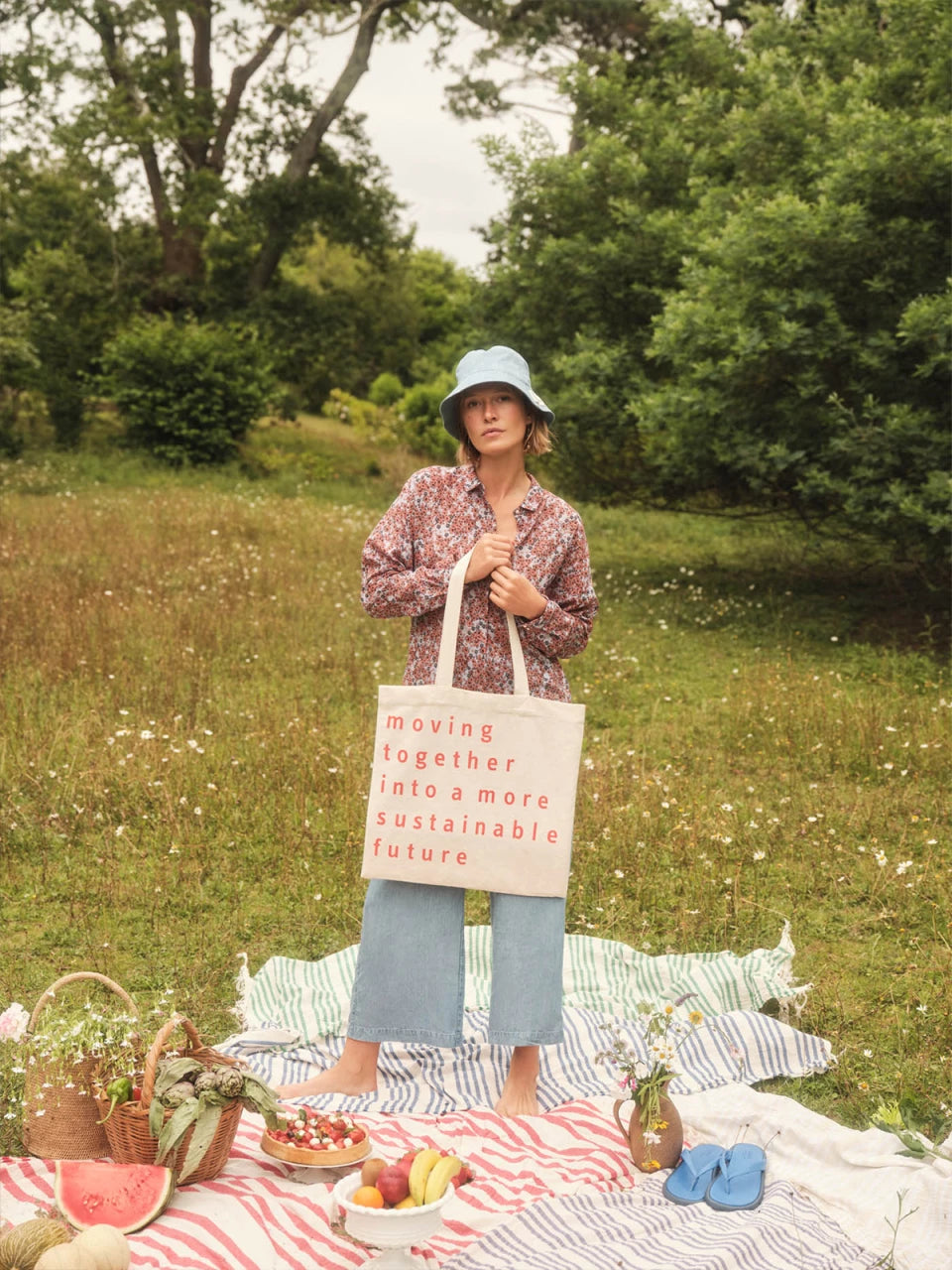No. 01
Sustainable resources
One of the most important reasons to choose fair fashion is its focus on environmentally friendly materials and production processes. Organic cotton and hemp are just two examples. These plants are grown without the use of harmful pesticides, defoliants and synthetic fertilizers. This reduces the burden on soil and water and protects the health of workers and surrounding communities. Fair fashion strives to create a cycle of sustainability that conserves natural resources and minimizes the ecological footprint.
No. 02
Social responsibility
The fair fashion movement also advocates for social justice and decent working conditions in the textile industry. Workers in fair production facilities receive fair wages, have regular working hours and work in safe working environments. Child and forced labor are excluded in fair fashion. In addition, trade union rights are supported, which gives workers the opportunity to represent their interests and make their voices heard. By purchasing fair fashion, consumers support an industry that prioritizes social responsibility and human rights.
No. 03
Animal welfare
Another reason that makes fair fashion increasingly popular is its commitment to animal welfare. Many fair fashion companies rely exclusively on vegan materials, which means that no animal products are included in their garments. Other companies that use animal textiles ensure that these come from ethical sources. A good example of this is the "no-mulesing" principle, which prevents sheep from being subjected to a painful practice in the wool industry. Using ethical animal products and avoiding animal materials whenever possible shows the sense of responsibility and compassion that underlies fair fashion.
No. 04
Long-term quality
Fair fashion focuses on quality rather than quantity. The materials used and the careful processing ensure that the garments are durable and resilient. Unlike the fast fashion industry, which often relies on mass production and inferior materials, fair fashion strives for clothing that can be worn for a long time. This focus on long-term quality reduces the need to replace clothing frequently and promotes a more sustainable consumer culture that wastes fewer resources.
No. 05
Promoting diversity
Fair fashion often relies on local artisans and traditional manufacturing techniques to produce unique and authentic garments. This preserves the identity of a region and supports traditional crafts. Appreciating this diversity helps enrich creative and individual fashion in different parts of the world. By purchasing fairly produced fashion, consumers support the preservation of these unique aspects while strengthening the local economy.















